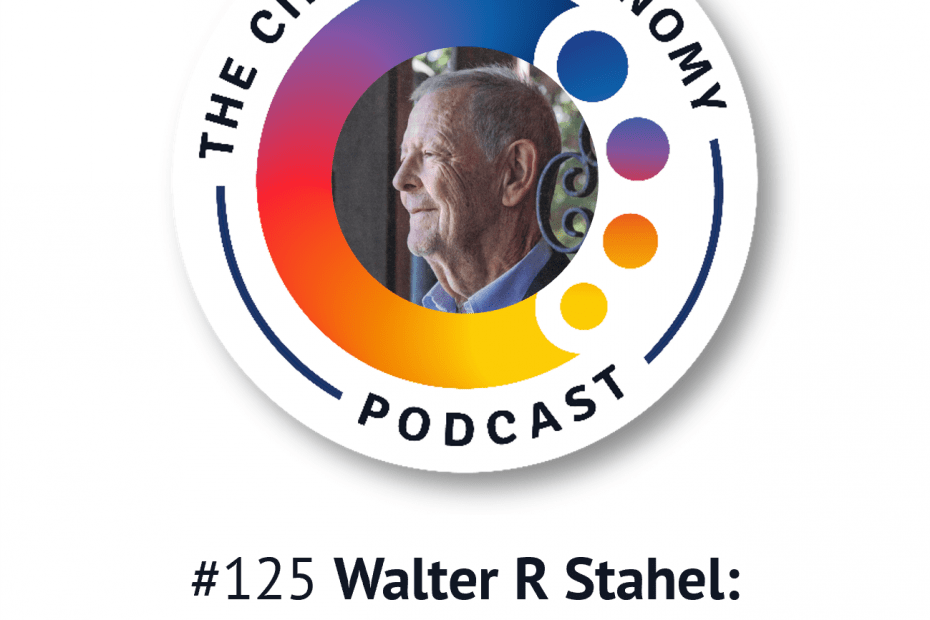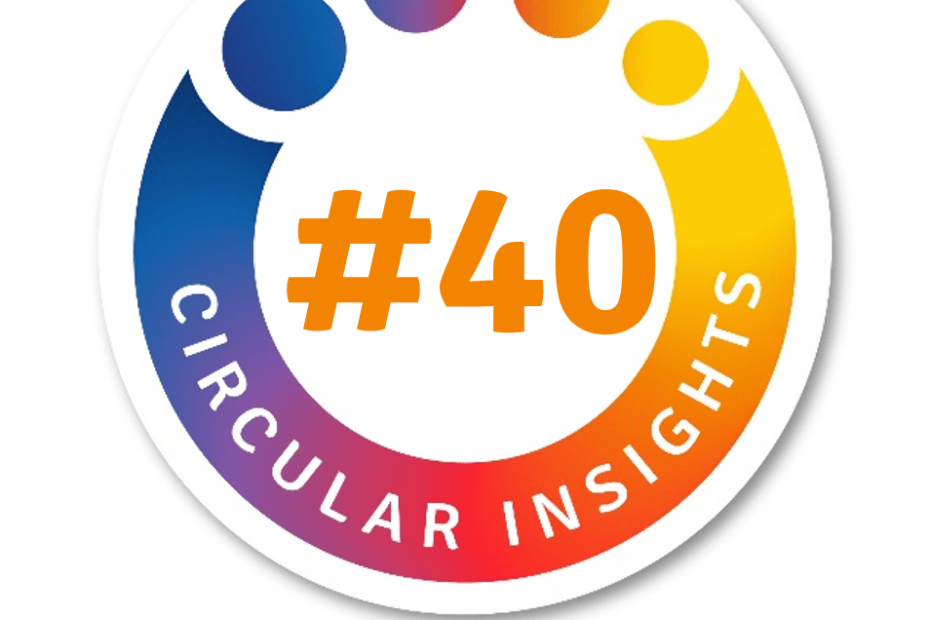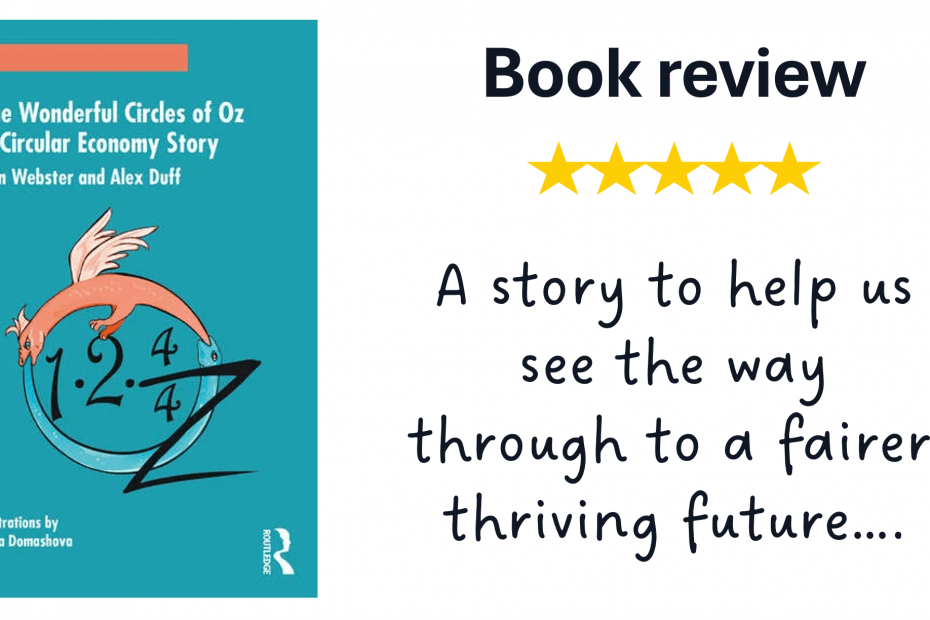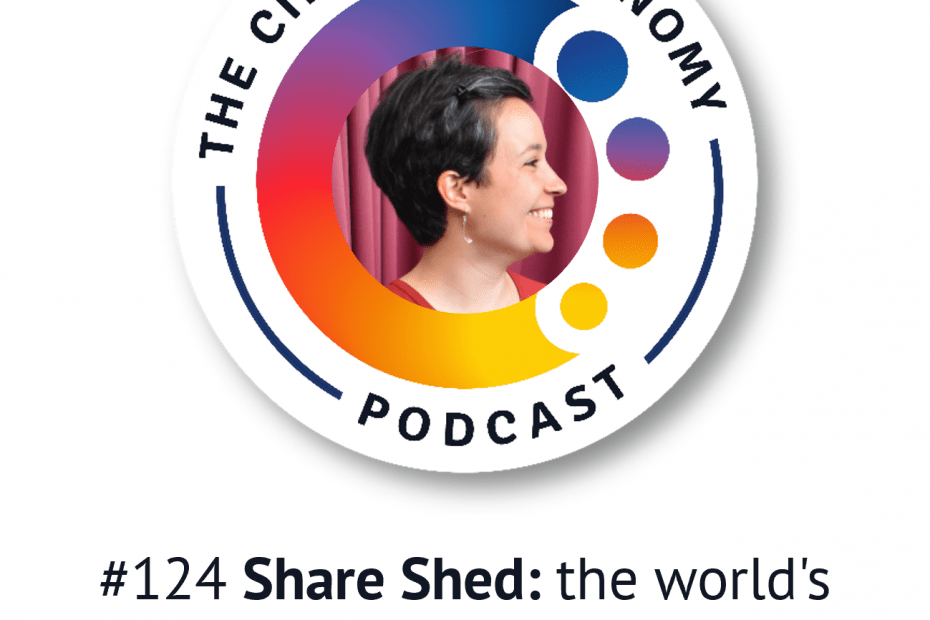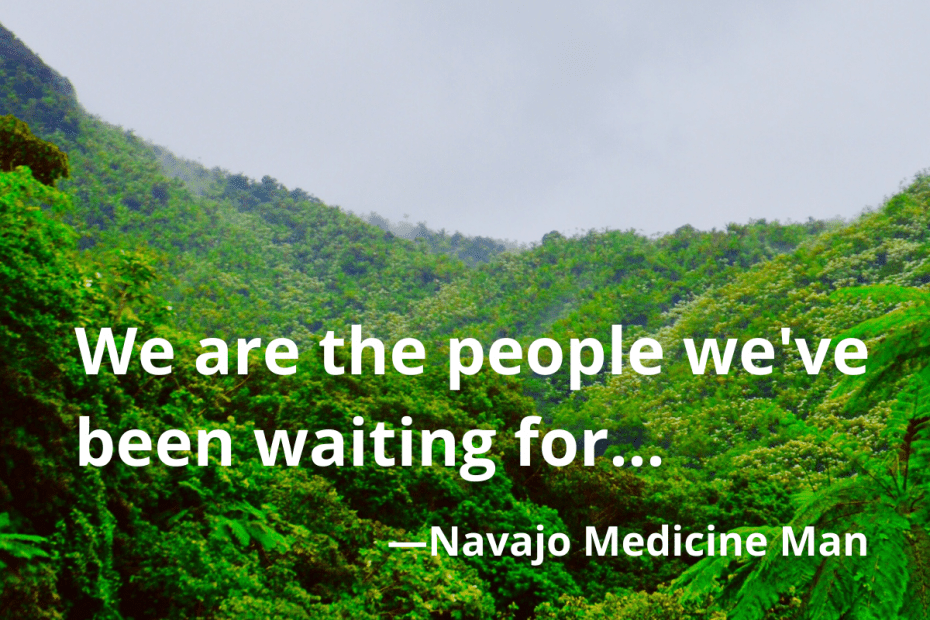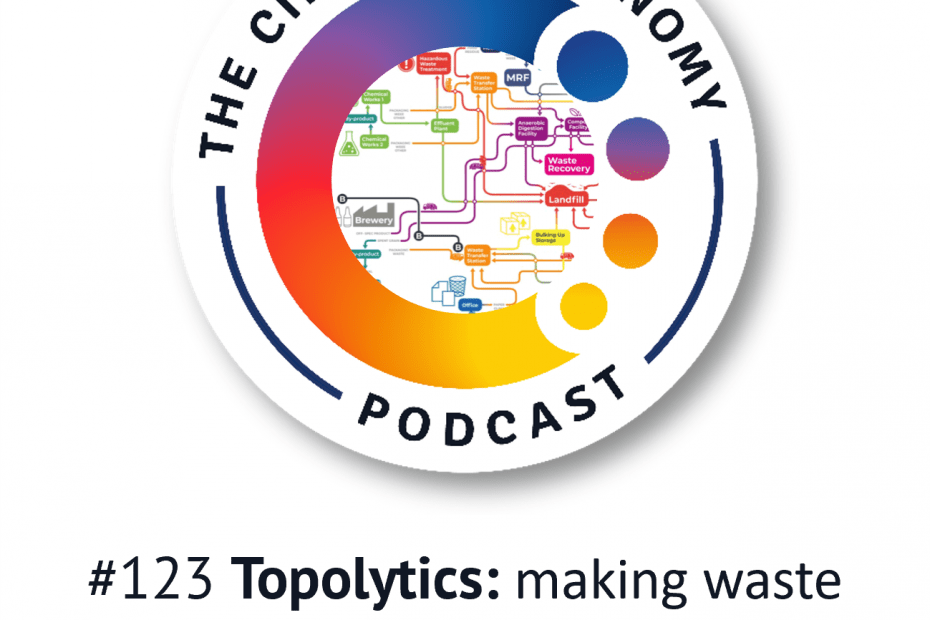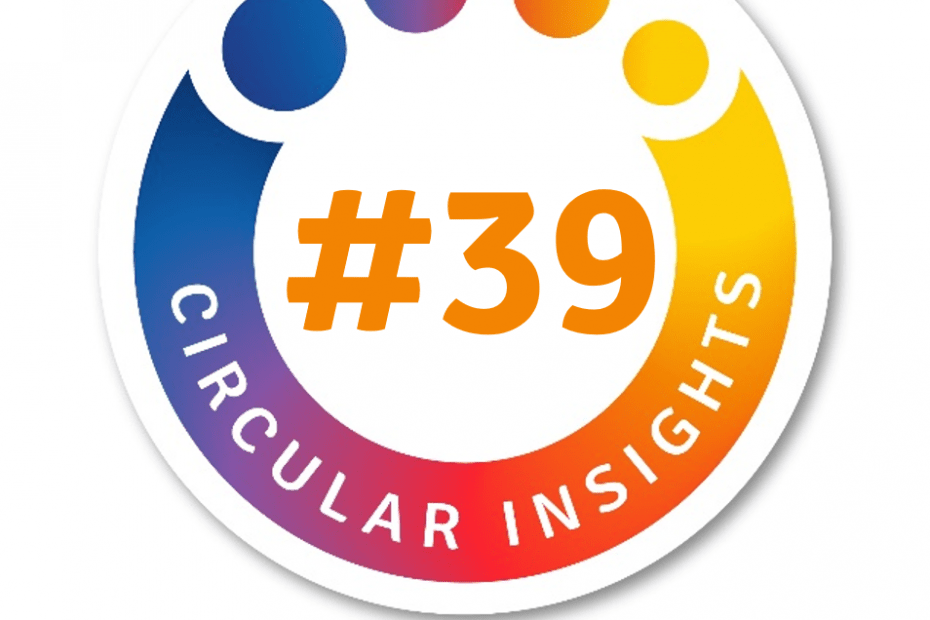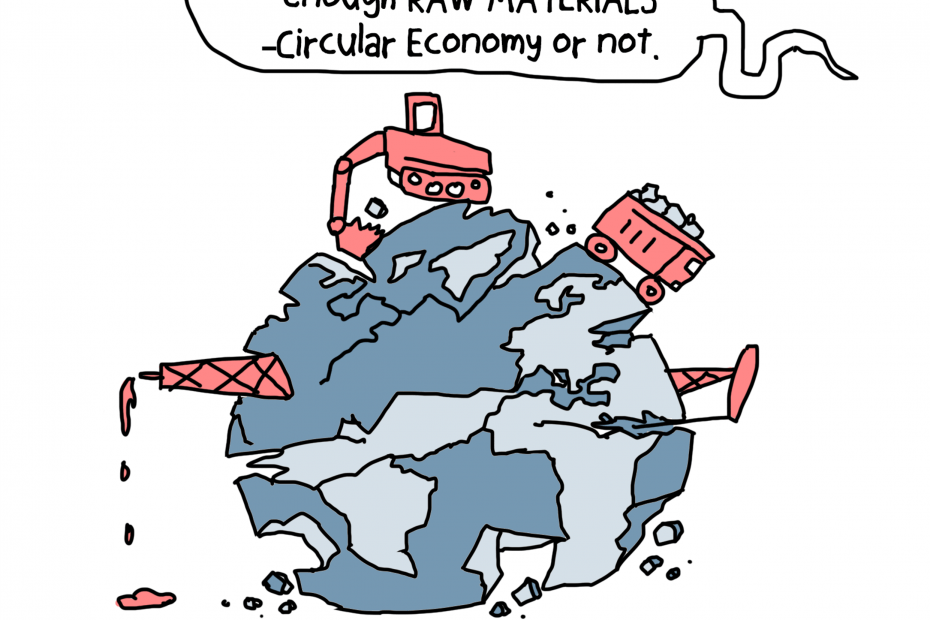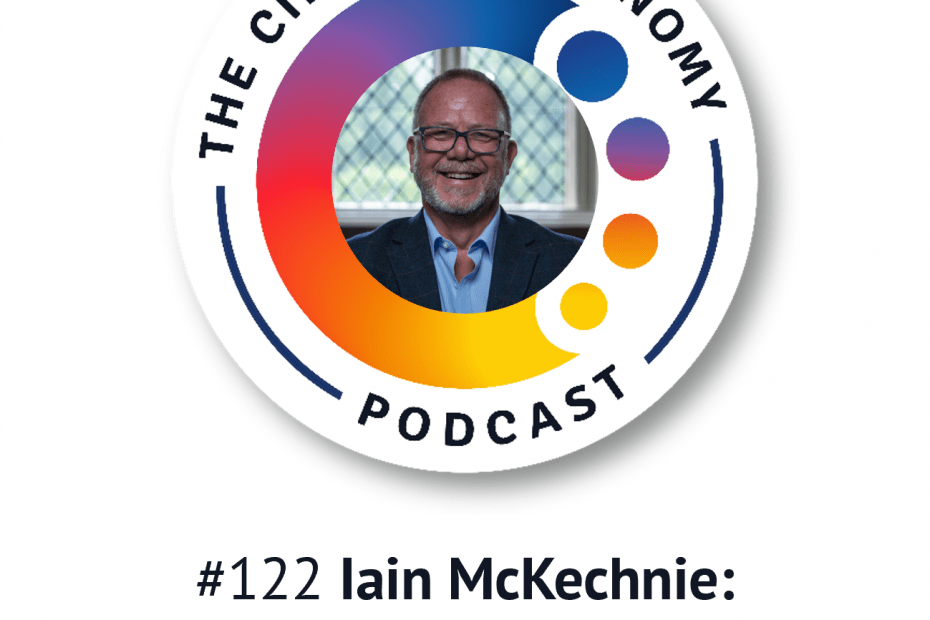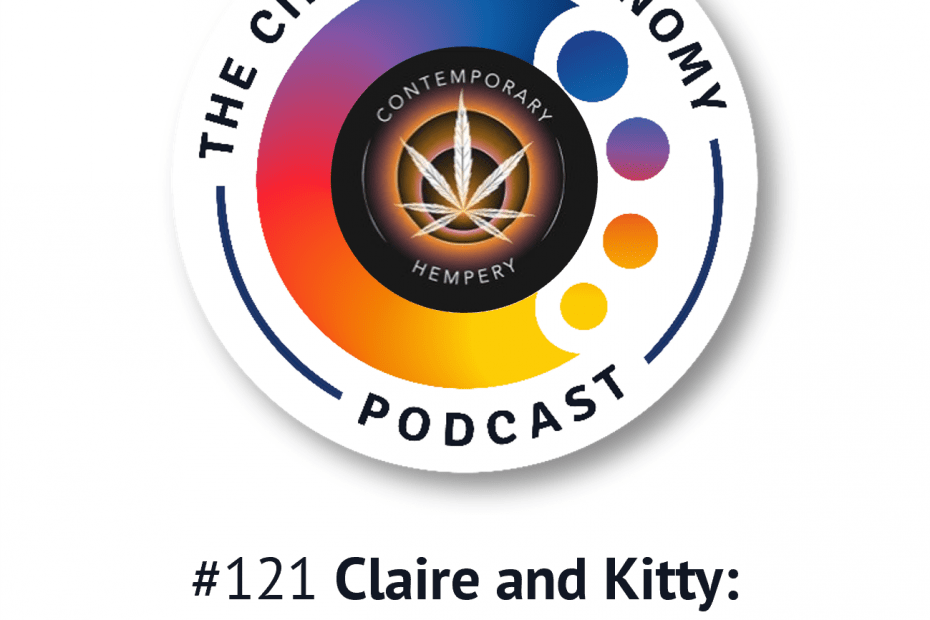125 Walter R Stahel: signs of circular progress
Professor Walter R Stahel, widely acknowledged as a circular economy pioneer, talks about progress, barriers and missed opportunities. Walter is the founder and director of the Product-Life Institute in Switzerland, founded in 1982 and now Europe’s oldest sustainability-based consultancy and think tank. These days, his is a keynote speaker and author on sustainability and circular economy and says he has always been interested in what he does not know.
With over 500 publications since 1975, he holds a number of visiting professor and lecturing roles, and a long list of awards and advisory roles, including being a Full Member of the Club of Rome.
Walter sees the circular economy as a ‘changer of the globalised industrial game’, creating societal resilience and providing protection against disruptive events. Walter created the idea of the performance economy, as a way of extending the concepts of the circular economy, and says that many of the opportunities are either untapped, or criticised by those who benefit from the Rentier Economy. (If you want to know more about the problems of the rentier economy, have a listen back to ep 119 with Ken Webster.)
We talk about the business case for the circular economy, and Walter highlights some of the aspects that are often missed, especially for the future value of materials. We discuss the opportunities offered by platforms, digital twins and passports for products and materials, and why we need better ways to assess the remaining life of expensive products and components.
We discuss the need to shift from a mindset of owning to using, and the need to change how we frame things for customers and businesses. Walter describes how we might rethink designs to minimise risks and liabilities, and how caring for our things opens up lots of interesting career opportunities, especially for young people.
